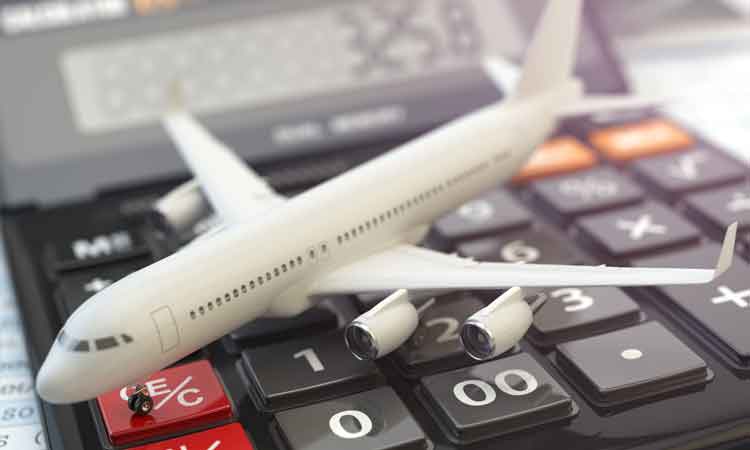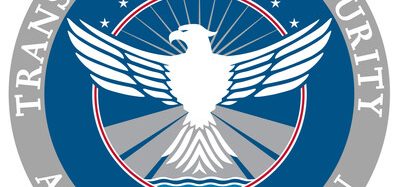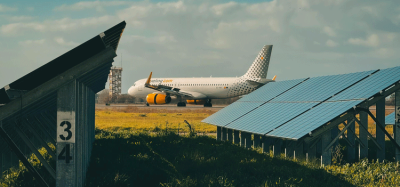ACI World calls for regulatory support to ensure airports’ economic sustainability
Posted: 16 January 2023 | International Airport Review | No comments yet
With continued economic headwinds and global passenger traffic expecting a loss of 27% in 2022 as compared to 2019, a balance must be struck in order to restore the economic equilibrium of airports.


Airports Council International (ACI) World has called on regulators to support the economic sustainability of airports as social and economic engines of communities worldwide and for the benefit of the travelling public.
The call to action supports the recent ACI World Resolution Restoring Economic Equilibrium that urges governments to acknowledge the changed risk profile of airports in some jurisdictions due to the pandemic and to provide regulatory support to restore economic equilibrium for unrecovered costs, either as financial compensation or through future airport charges.
It also follows the recent outcomes of the Economic Commission of the International Civil Aviation Organization (ICAO) that recognised the need for the ongoing review of ICAO’s Policies on Charges for Airports and Air Navigation Services (Doc 9082).
“It is vital that international and national regulators support the economic sustainability of airports as crucial players in the health of the entire aviation ecosystem,” commented General Luis Felipe de Oliveira, ACI World Director.
“Restoring the economic equilibrium of airports through financial compensation or through future airport charges is necessary for investing in the infrastructure needed to accommodate the growth of air travel and meet decarbonisation targets, as well as maximise airports’ contribution to the United Nations’ Sustainable Development Goals and wider socio-economic effects.”
Lasting impact of COVID-19
The impact of the COVID-19 pandemic on airport passenger traffic resulted in a global decline of 61% in 2020 relative to 2019 (falling from 9.2 billion passengers in 2019, to 3.6 billion passengers in 2020). The lasting effects on revenues in the years following the collapse has resulted in capital expenditure reductions. Furthermore, where government financial support or other relief measures were insufficient, many airports also had to re-finance their operations, creating a mounting debt burden.
A recent report by the International Air Transport Association (IATA) states that both airports and airlines have the weakest economic performance among all sectors in aviation and all major global industries, underlining the need for increased collaboration between stakeholders in creating value for the travelling public and communities.
“This should not be a zero-sum game,” continued Luis Felipe de Oliveira. “Like airlines and other aviation stakeholders, airports are businesses that continue to be affected by the pandemic’s economic impact, energy costs, staff shortages and other inflationary pressures felt by the entire industry. However, what is unique to airports is that they face high fixed costs irrespective of economic conditions and do not have the same level of flexibility in managing capacity. With continued economic headwinds and global passenger traffic expecting a loss of 27% in 2022 as compared to 2019, a balance must be struck in order to restore the economic equilibrium of airports.
“Under a regulated regime of airport charges that do not adjust to actual market and demand conditions, there should be full awareness of the fact that the regulated formula that protects airlines in good times also requires protecting airports in bad times. This regulatory asymmetry needs full consideration and reconciliation in the post-pandemic recovery. This means that costs incurred for aeronautical services through the pandemic need to be recovered through charges and fees, especially in cases where government financial support was insufficient to cover those costs. In other words, there is currently a mismatch between costs incurred and revenues that need to cover those costs.”
New report from International Airport Review: Securing Airports in an Evolving Threat Landscape
International Airport Review has brought together top voices from across the global aviation security sector, including International Civil Aviation Organization (ICAO), ACI World, Fraport, Qatar Civil Aviation Authority, Winnipeg Airports Authority, and Smiths Detection to examine today’s most pressing airport security challenges and emerging threats.
This expert-led report provides a strategic assessment of the vulnerabilities facing airports in 2025, encompassing cyber-attacks, drone incursions, evolving geopolitical risks, and emerging technologies.
The result is a practical, insightful guide to strengthening airport resilience, anticipating risks before they escalate, and keeping your airport off the front page
Download the report for free and stay ahead of the security curve – READ FOR FREE NOW!
Related topics
Airport development, COVID-19, Regulation and Legislation, Sustainable development

















